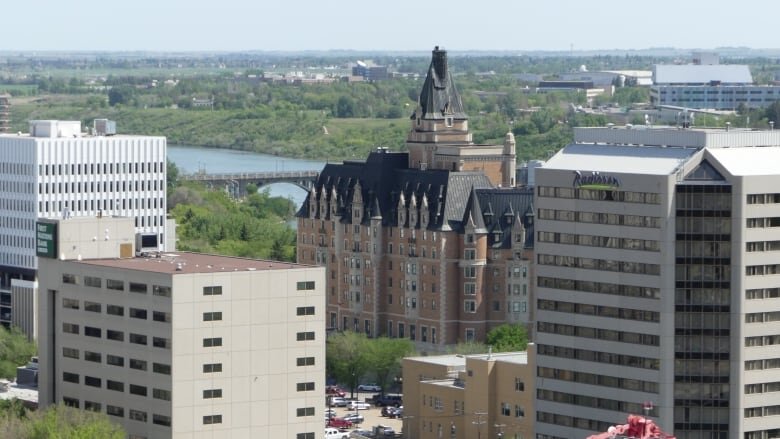Stanhope residents are split on the rural municipality of North Shore's plan to replace its aging, individualized water system with a well field for the Stanhope peninsula. Local council and about 80 residents met Tuesday evening at the North Shore Community Centre for a public meeting about replacing the current system — consisting of hundreds of private freshwater wells — with one that would have roughly 20 kilometres of piping throughout the peninsula, with water drawn from a well-field site to be constructed nearby.
Canadian lakes in hot water over climate change
Canadian lakes are in hot water over climate change, a new research survey has concluded. "Canadian lakes are warming twice as fast as the rest of the lakes globally," said York University biologist Sapna Sharma, a co-author of a paper published in the journal Bioscience. Sharma and her colleagues pored over 143 studies from around the world to try to summarize how climate change is affecting the globe's 100 million lakes. Lakes that have been ice-covered at least part of the year are experiencing the biggest changes, they found.
Wastewater studies show COVID-19 decrease in Saskatoon, increases in Regina, Prince Albert
The latest study of Saskatoon's wastewater has noted a drop in coronavirus particles, which could mean a reduction in new cases. Meanwhile similar studies in other cities in the province saw increases. On Monday, the Global Institute for Water Security at the University of Saskatchewan released its weekly report on wastewater taken from three cities: Saskatoon, North Battleford and Prince Albert. In Saskatoon, researchers found a 16 per cent week-over-week decrease in viral RNA taken from sewage samples from the city's wastewater plant for the period ending Sept. 29.
$10 million solution for Verner’s brown water problem
There’s hope at the end of a long water pipe for Verner residents who have endured ‘brown water’ issues for decades. The culprit is high levels of manganese, a naturally occurring mineral in the Veuve River. And it’s been a problem ever since the water plant was built in the 1970s. On Tuesday, West Nipissing council received a report that recommends connecting the community of 1,100 people to municipal water services as the best solution.
WSP Canada Wins Award for Innovative Solution for Safe Water in Remote Communities
WSP won for its work in developing an innovative solution for safe water in remote communities. Like many remote communities, the people of the Tl’azt’en Nation in northern B.C. had no access to clean drinking water. Because conventional water treatment technology was unfeasible, WSP Canada and the RES’EAU-WaterNET partnered to develop a treatment system for organic material. The project delivered a full-scale plant that allowed a 14-year boil water advisory to be lifted. The system uses natural biological processes, is low in consumables, reduces chemical requirements, produces little waste and is simple for operators to use.






